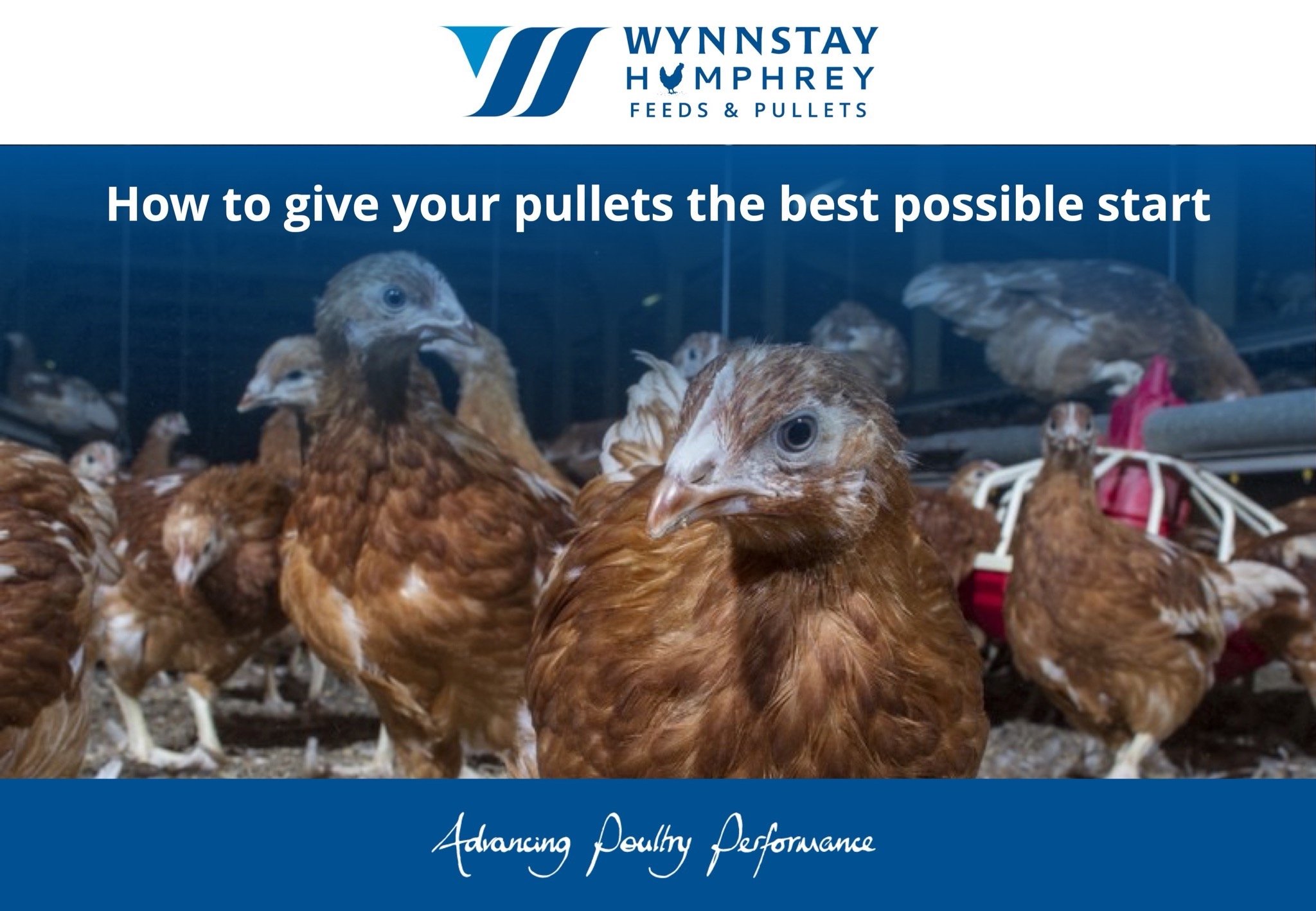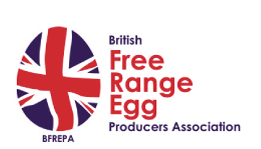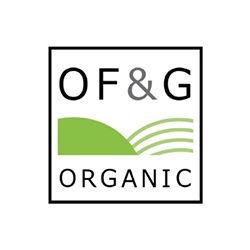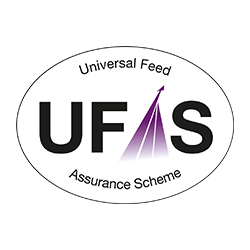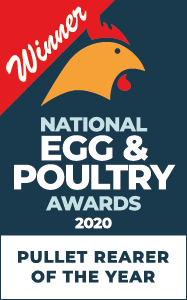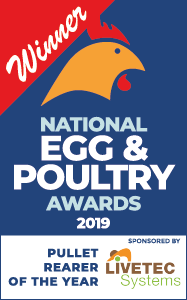Our Top Tips to minimise the stress of change for your birds.
Last week the Chief Veterinary Officers declared an Avian Influenza Prevention Zone across Great Britain to mitigate the risk of the disease spreading amongst poultry and captive birds, following an increase in the number of detections of avian influenza (AI) in wild birds and on commercial premises.
Poultry farmers must now follow strict biosecurity measures to help protect their flocks from the threat of avian flu. But what else can we do to help prepare for the impending Poultry Housing Order? We asked Humphrey Feeds & Pullets’ team of Poultry Specialists for their Top Tips.
Prepare birds for change
Minimising stress is key to maintaining poultry health and productivity, says James Wilson, Feed and Pullet Specialist for Midwest England/Welsh borders. “Introducing change slowly gives the flock time to adapt, so you are much less likely to see stress indicators such as feather pecking and floor eggs.”
Rather than waiting for a Housing Order to be imposed and suddenly removing access to the range, James advises taking a planned approach. “We can’t influence when the birds come back inside, but we can manage their morning exit. Gradually opening the pop holes later and later gently acclimatises the birds to the restrictions - I would reduce ranging time by an hour or so every couple of days, which has the added benefit of limiting the chances of encounters with wild birds.”
If your flock do show signs of stress as a consequence of these preparatory steps, or at any stage during AI restrictions, it may be worth contacting your feed supplier in order to implement subtle changes to the feed ration.
Plan good enrichment
Free ranging flocks find natural enrichment in their surroundings, but when cooped up inside there is little for them to do. Plan to offer a variety of distractions to keep your flocks happy, suggests James.
“Birds prefer destructible enrichment such as lucerne bales or even leftover cardboard wrapped in a hay net. Set aside or buy suitable distractions for you flock so that you can introduce them in rotation once housing measures are imposed.” Birds will take a day or two to get used to the enrichment, then will become more active before eventually losing interest, so you need to be ready to swap in different items such as ropes or plastic drums.
Prepare your litter
Access to dry and friable litter is of increased importance when birds can no longer dust bathe outside. Newer sheds providing ventilation help keep litter at the right quality, but older sheds with little airflow can lead to hard-capped or wet litter. “It is crucial to manage litter well in the run-up to a housing order,” says James. “Farmers may need to add dry matter such as shavings or sawdust in good time so that the flock is not disturbed more than necessary once restricted.”
Strict biosecurity is important when moving and storing litter products too, but can easily be overlooked. Some AI outbreaks in high bio-secure operations have been traced to litter bales. Litter must be clean and disinfected when moved into sheds or storage, even if it is already wrapped in plastic.
Focus on biosecurity
The British Egg Industry Council has acknowledged that Avian Influenza is the single biggest threat to the UK and global poultry industry, and both Defra and the egg industry are working hard to limit the spread of highly pathogenic avian influenza H5N1. The Lion Code of Practice has been updated with effect from this month to increase levels of biosecurity to inhibit the transmission of H5N1, as well as salmonella and other endemic diseases.
Steve Clout, Humphrey Feeds & Pullets Poultry Expert, stresses that all poultry farms should aspire to meet these higher standards. “Steps such as reducing unnecessary visits to the farm, using dedicated clothing and limiting personal movements between units are all crucial for the welfare of every flock, not to mention for the livelihood and welfare of farmers,” he reasons. “We are doing our best to support our customers in meeting the highest standards of bio-security.”
Discourage wild birds
Every wild bird poses a potential risk to your entire flock, so Steve recommends scrupulous management of outside areas to avoid contamination. “It is easy to overlook a feed spill, but if that attracts wild birds you are inviting them to share space - a high risk for your flock.” Identifying and clearing spills quickly offers the best protection.
Standing water on the range or around the shed poses a similar risk, since it will be shared with wild birds who may be carrying infection. “It can be hard to manage puddles when the weather is wet,” says Steve sympathetically, “but ideally you should drain any shared water source as quickly as possible and leave your birds to enjoy the clean and good quality drinking water within the shed.”
Poultry advice from Humphrey Feeds & Pullets
Understanding risk and how to mitigate against it is a standard factor in any business. For poultry farmers there is clear advice from Defra on the best way to protect your flocks, and our Poultry Specialists are here to help you put that advice into practice, along with helpful tips from their own broad experience.
Contact your local Humphrey Feeds & Pullets Poultry Specialist for help and advice on enquiries@hfandp.co.uk or call us on 01962 764555.






